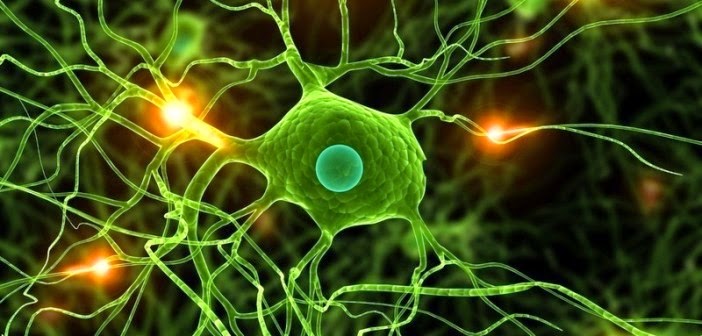CBD could lengthen the lives of pancreatic cancer patients
Queen Mary University’s research team claim that CBD is capable of blocking receptors produced by GPR55
Cannabis has been proven to hinder the growth of cancerous cells. Even the National Cancer Institute (NCI) admitted it, but what about pancreatic cancer?
Well, the results of a study on lab mice have demonstrated how cannabis’ non-psychoactive compound CBD (Cannabidiol) may bolster the effectiveness of drugs used for the treatment of pancreatic cancer. The research was conducted by a team at the Queen Mary University of London.
Considering the fact approximately 80 percent of patients die within a year of being diagnosed with this life-threatening disease, the prospect of using cannabis to treat pancreatic cancer is incredibly fascinating.
“It is very aggressive, so it is very important to find new therapies for this cancer,” said Dr. Riccardo Ferro, first author of the research from the Queen Mary University of London.
Researchers say CBD blocks receptors produced by GPR55 gene
 Ferro worked alongside British, Australian and Italian colleagues to conduct the experiments. In an attempt to determine the GPR55 gene’s role in pancreatic cancer cell growth and multiplication, researchers analyzed genetically modified cells in mice and in Petri dishes.Their findings were published in the journal Oncogene.
Ferro worked alongside British, Australian and Italian colleagues to conduct the experiments. In an attempt to determine the GPR55 gene’s role in pancreatic cancer cell growth and multiplication, researchers analyzed genetically modified cells in mice and in Petri dishes.Their findings were published in the journal Oncogene.
So, what is the GPR55 Gene?
The G-protein coupled receptor 55 is found in the human body and it has been scientifically outed as a new cannabinoid receptor. The gene produces proteins that detect the existence of widespread substances, such as cannabis-extracted chemicals.
When the researchers were studying the potential of using cannabis to treat pancreatic cancer, they discovered an increased level of the GPR55 receptor in 26 percent of human pancreatic cancer samples. For many patients, this contributed to cancer tissue growth.
Mice were separated into four groups after their cells were genetically altered to develop pancreatic cancer. Among those mice, 10 were administered with CBD, eight with gemcitabine, a chemotherapy treatment, seven with a dose of both and nine with a placebo.
After being administered with a placebo, mice did not live longer than 19 days on average. Mice in the CBD group lasted 25 days, which is three days less than the gemcitabine group. By combining CBD with gemcitabine, a synergistic effect occurred, resulting in an average survival of 53 days from the treatment start date.
Queen Mary University’s research team claim that CBD is capable of blocking receptors produced by GPR55. This effectively prohibited interaction with cancer cell-amplifying substances. In addition to this, the team uncovered CBD’s efficacy at restricting the development of gemcitabine resistance.
Patients should remain cautious about using cannabis to treat pancreatic cancer
Although this study does present promising results, further research is required to determine if the effects of using cannabis to treat pancreatic cancer are the same in humans as they are in mice. Moreover, scientists must delve into the potential interactions that CBD may have when being used with other types of drugs.
The cannabis study was hailed by former government drug adviser, Professor David Nutt.
“This is one drop in what I suspect will become a torrent of research findings showing therapeutic value of cannabinoids in a range of cancers,” said Nutt.
“I am pleased progress is now being made but very sad for the thousands of people who have died prematurely from treatable cancer because of the lies national governments and the World Health Organization have told about cannabinoids having no medical value, and thus restricting research by placing them in schedule 1.”










